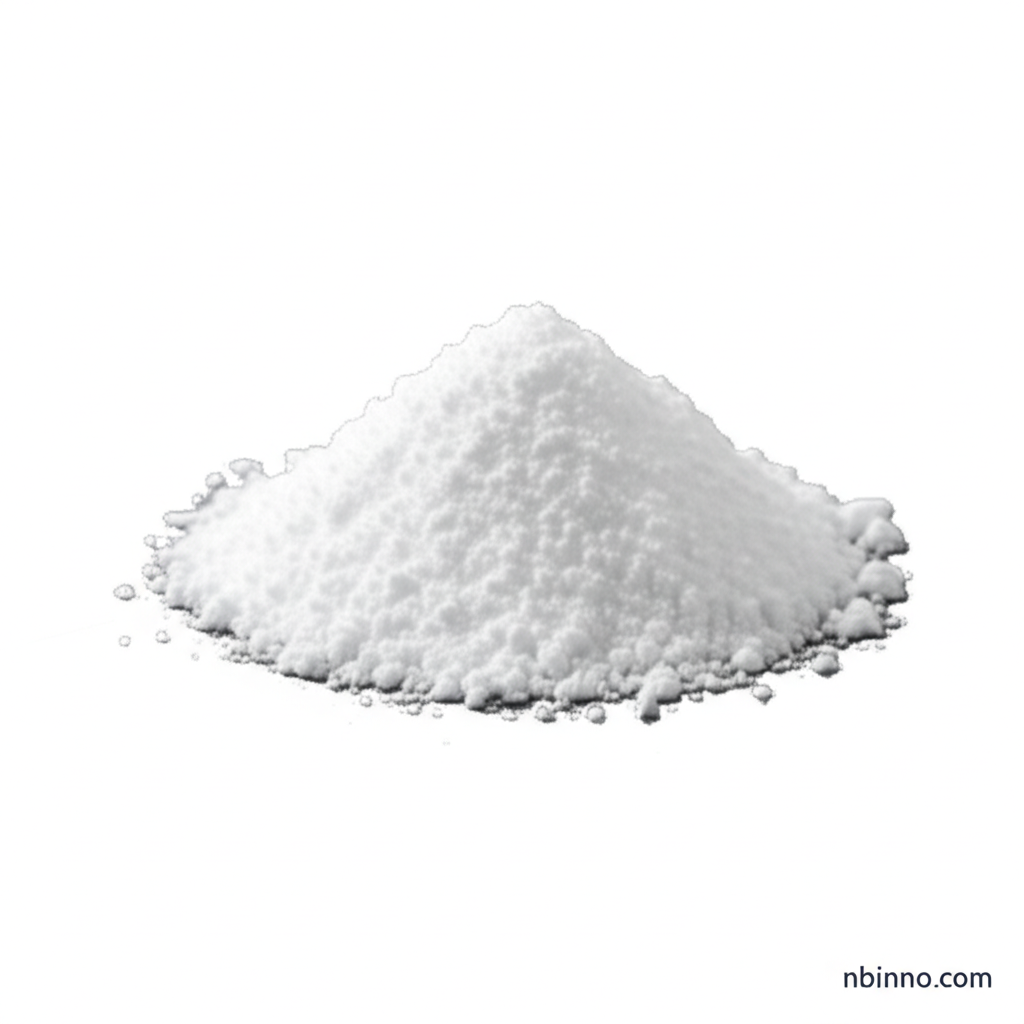Chrysin: A Natural Flavonoid with Potent Anticancer Properties and Therapeutic Applications
Discover the remarkable anticancer potential of Chrysin, a natural flavonoid from honey and propolis, and its role in modern health.
Get a Quote & SampleProduct Core Value

Chrysin
Chrysin is a naturally occurring flavonoid that has garnered significant attention for its diverse and potent pharmacological activities, particularly its anticancer effects. Extracted from natural sources like honey and propolis, it acts as a powerful antioxidant and exhibits anti-inflammatory properties. Research indicates that chrysin can effectively target multiple cancer cell signaling pathways, induce apoptosis (programmed cell death), and inhibit tumor growth and proliferation. Its multifaceted benefits make it a promising candidate for both standalone cancer therapy and as an adjuvant in combination treatments.
- Chrysin anticancer properties are demonstrated through its ability to modulate pathways involved in inflammation, cell survival, and angiogenesis, making it a valuable component in cancer treatment strategies.
- The chrysin mechanism of action in cancer involves interfering with key cellular processes that drive tumor development and spread.
- As a natural flavonoid anticancer therapy, chrysin offers a potential alternative or complementary approach with a favorable safety profile.
- Studies highlight chrysin for breast cancer treatment, showcasing its efficacy in inhibiting cell proliferation and metastasis in preclinical models.
Advantages of Chrysin
Potent Anticancer Activity
Chrysin demonstrates significant efficacy against a wide range of cancer types, including breast, lung, melanoma, and bladder cancer, by inducing apoptosis and inhibiting tumor growth, showcasing its broad anticancer properties.
Antioxidant and Anti-inflammatory Effects
The chrysin antioxidant activity and anti-inflammatory properties contribute to its overall health benefits, helping to combat cellular damage and reduce inflammation associated with various diseases.
Synergistic Therapeutic Potential
Research suggests that chrysin can enhance the effectiveness of conventional chemotherapeutic drugs when used in combination, improving overall treatment outcomes and potentially overcoming drug resistance, aligning with its role in chrysin drug combination therapy.
Key Applications
Pharmaceutical Development
Chrysin serves as a crucial pharmaceutical intermediate and active ingredient, with ongoing research exploring its therapeutic benefits for various diseases, particularly cancer.
Health and Wellness
As a dietary supplement, chrysin supports general well-being due to its antioxidant and anti-inflammatory properties, contributing to overall health nutrition.
Skin Care Formulations
Its antioxidant and anti-inflammatory capabilities make chrysin a valuable ingredient in skin care products, promoting skin health and protection.
Oncology Research
Chrysin is extensively studied for its chrysin mechanism of action in cancer, aiding in the development of novel and effective cancer treatment strategies.
